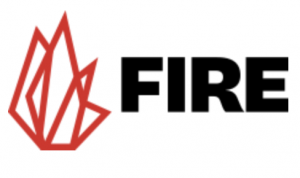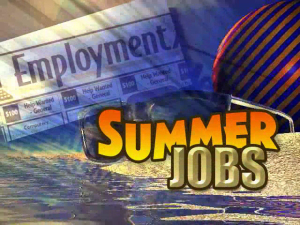 I’m thrilled that UNC is launching a new center focused on technology policy! The UNC Center on Technology Policy (CTP) will hold its first public event on Friday, April 29, but they have already been working hard — and having an impact — on the conversation about how to regulate online content, with a fantastic policy brief on “Understanding, Enforcement, and Investment: Options and Opportunities for State Regulation of Online Content.”
I’m thrilled that UNC is launching a new center focused on technology policy! The UNC Center on Technology Policy (CTP) will hold its first public event on Friday, April 29, but they have already been working hard — and having an impact — on the conversation about how to regulate online content, with a fantastic policy brief on “Understanding, Enforcement, and Investment: Options and Opportunities for State Regulation of Online Content.”
CTP’s mission is to help craft public policy for a better internet. Utilizing an interdisciplinary academic framework, CTP works to identify knowledge gaps and develop actionable policy frameworks that will enable us to realize the potential benefits of technology while minimizing its harms. By working closely with students and expanding the University’s offerings in technology policy analysis, we seek to cultivate and train the field’s future practitioners. For more on CTP’s plans, you can read a recent overview of the center in The Well.
The new center is lead by Matt Perault, a professor of the practice at UNC’s School of Information & Library Science (SILS) and a consultant on technology policy issues. He previously led the Center on Science & Technology Policy at Duke University and was a professor of the practice at Duke’s Sanford School of Public Policy. Before that, Matt worked at Facebook, where he was a director on the public policy team and the head of the global policy development team. He covered issues ranging from antitrust to law enforcement to human rights and oversaw the company’s policy work on emerging technologies like artificial intelligence and virtual reality. Matt holds a law degree from Harvard Law School, a Master’s degree in Public Policy from Duke’s Sanford School of Public Policy, and a Bachelor’s degree in political science from Brown University.
To mark their public launch, CTP will be hosting an event on Zoom at noon on Friday, April 29, about state efforts to regulate platform content. They have a fantastic lineup of panelists, including Emma Llansó (Center for Democracy & Technology), Wendy Gooditis (VA House of Delegates), Mary-Rose Papandrea (UNC School of Law), and Steve DelBianco (NetChoice). You can register for the event, which is free and open to the public, here.
The new center, which is based at the SILS, will work closely with UNC’s Center on Information, Technology, and Public Life and the UNC Center for Media Law and Policy. Welcome to the neighborhood, CTP!

 Each summer, the Center for Media Law and Policy provides financial support through its
Each summer, the Center for Media Law and Policy provides financial support through its  Are you a Carolina student interested in pursuing a career in media law or policy? Are you worried that you won’t be able to take that summer job in Atlanta, Los Angeles, New York, or Washington, because it’s just too expensive to live there? Or perhaps you’ll be working remotely from Chapel Hill (or elsewhere) and the job doesn’t pay very much?
Are you a Carolina student interested in pursuing a career in media law or policy? Are you worried that you won’t be able to take that summer job in Atlanta, Los Angeles, New York, or Washington, because it’s just too expensive to live there? Or perhaps you’ll be working remotely from Chapel Hill (or elsewhere) and the job doesn’t pay very much? The jobs board is updated regularly with full-time jobs, fellowships, post-docs, and seasonal internships in a variety of media law and related fields such as journalism, intellectual property, technology, and business affairs.
The jobs board is updated regularly with full-time jobs, fellowships, post-docs, and seasonal internships in a variety of media law and related fields such as journalism, intellectual property, technology, and business affairs.